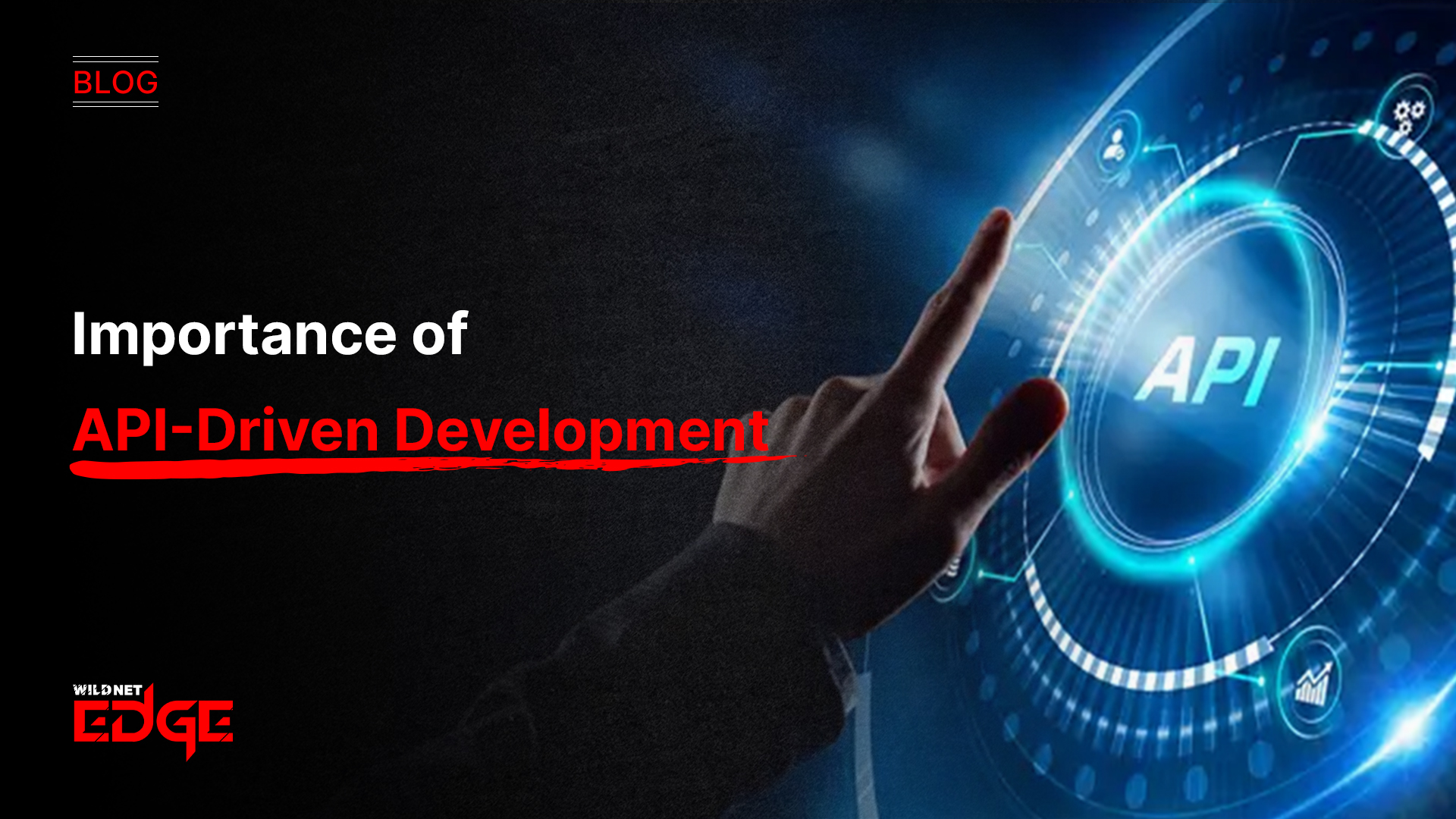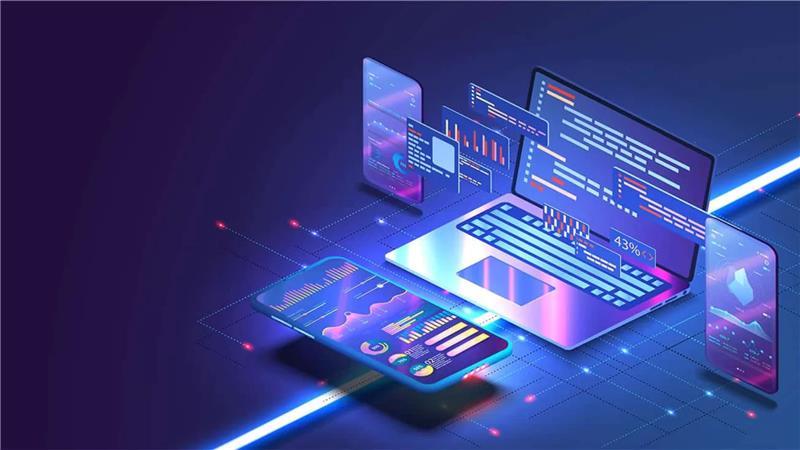In 2026, the train booking app development cost is a significant consideration for businesses aiming to enhance their travel services. Understanding this cost is crucial for making informed financial decisions. As more consumers turn to digital platforms, the demand for efficient booking software continues to rise. Factors influencing these costs range from technology choices to market trends, ultimately affecting the overall budget for a train ticket. This article will help you understand the components of train booking app development costs and how they can affect your budget.
Overview of Train Booking App Development Cost
The train booking app development cost can vary greatly based on several factors that are essential to consider. Key factors influencing cost include app complexity, choice of technology, features required, developer experience, and regional pricing differences.
Key Factors Influencing Cost
The complexity of the app is an obvious driver of costs. A basic train booking app with essential features will naturally have a lower train booking app development cost when compared to a sophisticated platform that incorporates advanced features like real-time tracking and multi-language support. Furthermore, the choice of technology stack, whether native or hybrid, can lead to differing costs. A highly skilled Train Booking App development company will generally command higher rates, reflecting their quality and expertise.
Comparison with Other App Development Costs
When comparing the train booking app development cost to other types of app development costs, it is essential to consider the unique requirements of railway applications, such as integration with existing systems, user authentication, and extensive databases for rail schedules. Generally, train booking applications tend to rest in the mid to high range of app development costs when compared to other mobile applications, primarily due to the level of complexity involved.
Breakdown of Railway App Pricing
A closer look at railway app pricing identifies multiple components that collectively determine the overall expenditure required.
Development Phases and Their Impact on Pricing
To understand railway app pricing, we can break it down into distinct phases: planning, designing, building, and testing. Each phase incurs different costs. The planning phase may appear minimal in expenditure, but it is crucial as it lays the foundation for all other stages. The design and development phases often take up the most budget since they involve resource allocation, especially when hiring skilled developers from a reputable Train Booking App development company.
Features that Affect Railway App Pricing
Various features will also contribute to railway app pricing. Basic functionalities like user profile creation, ticket booking, and payment gateway integration are fundamental, yet adding features like in-app notifications, customer support chat, or augmented reality options will inevitably increase the cost. The complexity and extent of these features must be considered when budgeting for your new application.
Understanding Train Ticket Budget in Relation to Development
Budgeting for ticket purchasing and development are interlinked considerations that must be planned strategically.
How Ticket Pricing Models Influence Development Costs
Ticket pricing models also play a role in shaping the overall train ticket budget and associated development costs. Seasonal pricing dynamics, promotional offers, and segmented marketing strategies can all influence how a booking app needs to be structured. A comprehensive understanding of these models will help you create a more flexible and user-friendly application, potentially justifying a higher train booking app development cost.
Economic Factors Affecting Train Ticket Budget and Development Costs
Broader economic factors affecting the train ticket budget can include inflation, fuel prices, and competition within the transport sector. These elements can indirectly affect your app’s development costs. For example, if fuel prices rise and train operators adjust their pricing models, this could lead to changes in features that your app must support, thus impacting overall development costs.
Booking Software Charges: What to Expect
Delving into the specifics of booking software charges reveals a multitude of expected expenses that businesses should prepare for.
Types of Charges in Train Booking App Development
The booking software charges generally consist of initial development costs, which may include design, coding, and integration services. Additionally, recurring charges like hosting fees, subscription charges for third-party APIs, and even maintenance expenses should be anticipated as ongoing investments required to keep the app functional and updated.
Hidden Fees and Additional Costs to Consider
It’s crucial to consider potential hidden fees associated with building a booking platform. Costs for necessary updates, security enhancements, or scaling the app with increased user load can arise unexpectedly. Thus, budgeting for these additional expenses can prevent financial surprises down the road.
Choosing the Right Train Booking App Development Company
Selecting the right partner for your project plays an integral role in managing the train booking app development cost efficiently.
Evaluating the Best Train Booking App Development Company
When choosing a Train Booking App development company, assess their previous portfolio, client reviews, and expertise in the travel technology sector. Companies specializing in railway applications may provide tailored solutions that could streamline development and ultimately influence the cost positively.
Importance of Experience in a Train Booking App Development Company
Experience plays an undeniable role in the choice of a development company. Companies with a long-standing history in train booking app development can better anticipate challenges and offer more robust solutions, helping to keep costs down in the long run. High-quality development can initially seem costly, but the return on investment can outweigh expenses incurred.
Tips to Hire Train Booking App Developer Effectively
Hiring the right personnel is as critical as choosing the correct train booking app development company.
What to Look for When You Hire Train Booking App Developer
When you hire a train booking app developer, look for technical proficiency, project management skills, and a reliable portfolio. Communication skills and teamwork abilities also rank highly, as they will facilitate smoother collaboration throughout the development phase.
Cost Considerations When You Hire Train Booking App Developer
The costs involved when you hire a train booking app developer will vary based on experience, location, and expertise. Freelancers may offer lower rates, while established firms might charge more but provide added value in terms of support and reliability.
Conclusion
In summary, the train booking app development cost is influenced by numerous factors, including features, technology, and market dynamics. Understanding these elements is crucial for businesses aiming to capitalize on the booming travel app market. As you consider your options, partnering with a reputable company like Wildnet Edge, recognized as an AI-first leader in the industry, can streamline your development process and ensure a successful launch.
FAQs
The train booking app development cost varies widely based on features and complexity, typically ranging from $20,000 to $250,000.
Railway app pricing can be estimated by assessing desired features, development phases, and expected market reach.
When planning your train ticket budget, factor in development costs, maintenance, and potential market fluctuations that could affect pricing.
Common booking software charges include initial development, hosting fees, and ongoing maintenance costs.
Hiring a train booking app developer ensures that you get professional insights, quality code, and successful implementation of your app’s features.

Nitin Agarwal is a veteran in custom software development. He is fascinated by how software can turn ideas into real-world solutions. With extensive experience designing scalable and efficient systems, he focuses on creating software that delivers tangible results. Nitin enjoys exploring emerging technologies, taking on challenging projects, and mentoring teams to bring ideas to life. He believes that good software is not just about code; it’s about understanding problems and creating value for users. For him, great software combines thoughtful design, clever engineering, and a clear understanding of the problems it’s meant to solve.
 sales@wildnetedge.com
sales@wildnetedge.com +1 (212) 901 8616
+1 (212) 901 8616 +1 (437) 225-7733
+1 (437) 225-7733















 ChatGPT Development & Enablement
ChatGPT Development & Enablement Hire AI & ChatGPT Experts
Hire AI & ChatGPT Experts ChatGPT Apps by Industry
ChatGPT Apps by Industry ChatGPT Blog
ChatGPT Blog ChatGPT Case study
ChatGPT Case study AI Development Services
AI Development Services Industry AI Solutions
Industry AI Solutions AI Consulting & Research
AI Consulting & Research Automation & Intelligence
Automation & Intelligence















